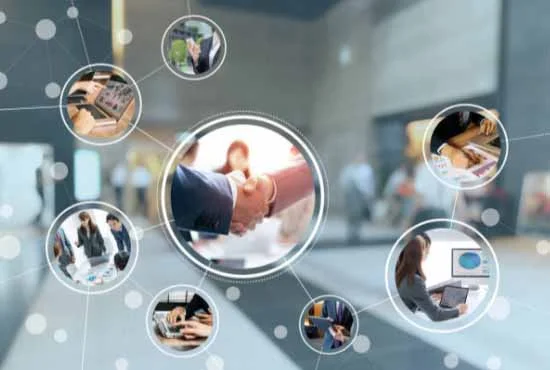In today’s digital age, social media technology plays a pivotal role in shaping political movements and activism. With its immense reach and ability to connect people across the globe, social media has become a powerful tool for mobilization and advocacy. This article explores the profound impact and benefits of utilizing social media platforms for social and political change.
The Rise of Social Media in Political Movements
Social media platforms have revolutionized the way political movements are initiated, organized, and sustained. The accessibility and user-friendly nature of platforms like Facebook, Twitter, and Instagram have leveled the playing field, allowing ordinary individuals to engage in activism on a global scale.
Social media enables activists to reach a wider audience, disseminate information, and mobilize support. Hashtags and trending topics help amplify messages and create online communities. This digital landscape has not only enhanced the speed and efficiency of spreading awareness but has also enabled real-time communication and collaboration.
The Power of Viral Campaigns
A striking aspect of social media is its ability to generate viral campaigns. Memes, videos, and influential posts can quickly capture the attention of millions of users, sparking conversations and raising awareness about critical social and political issues. Movements such as #BlackLivesMatter have harnessed the power of social media to create a sense of unity, ignite public discourse, and galvanize change at an unprecedented scale.
Through social media, activists can rally support, sign petitions, organize protests, and boycotts effortlessly. Platforms like Change.org and Avaaz have facilitated online activism by providing tools for individuals to create and share petitions, urging governments and organizations to take action on various causes.
The Role of Social Media in Political Mobilization
Social media platforms have proven instrumental in mobilizing supporters and rallying individuals towards political causes. The ability to instantly share and react to content has amplified the visibility and influence of activists. Here are some key ways social media empowers political mobilization:
1. Rapid Dissemination of Information
Social media enables activists to quickly share news stories, eyewitness accounts, and expert analysis, bypassing traditional modes of communication. This swift dissemination of information allows individuals to stay informed and take action promptly.
2. Grassroots Organizing
With minimal resources and manpower, social media provides a platform for grassroots organizing. Activists can create events, coordinate meetings, and engage with supporters, all through a few clicks. This accessibility has empowered individuals with limited resources to make a substantial impact.
3. International Solidarity
Social media has facilitated the formation of global communities, transcending geographical barriers. Movements that were previously confined to regional or national boundaries can now gain international support. By leveraging the power of social media, individuals can harness collective strength and effectively advocate for change on a global scale.
The Challenges and Opportunities
While social media technology has provided revolutionary opportunities for political movements and activism, it also presents unique challenges:
1. Misinformation and Manipulation
The ease of sharing information on social media can lead to the rapid spread of misinformation and manipulation. Special interest groups and hostile entities may exploit these platforms to disseminate false narratives and sow seeds of discord. It is crucial for activists and users to critically evaluate information sources and actively combat misinformation.
2. Filter Bubbles and Polarization
Social media algorithms personalize content, resulting in echo chambers and filter bubbles where users predominantly see opinions aligned with their own. This can reinforce polarization and hinder constructive dialogue between opposing views. Activists must prioritize inclusion, diversity, and engage in cross-pollination of ideas to break through these barriers.
In Conclusion
Social media technology has undeniably transformed the landscape of political movements and activism worldwide. From its ability to mobilize supporters to facilitating grassroots organizing, social media empowers individuals to raise awareness, initiate change, and create a lasting impact. However, it is vital for activists to navigate the challenges that come with social media, ensuring that it remains a force for positive social and political change.

